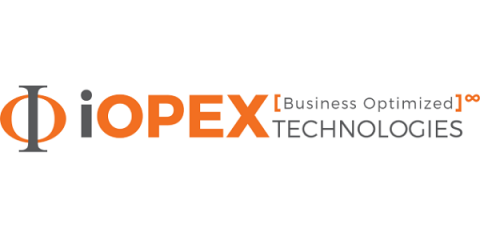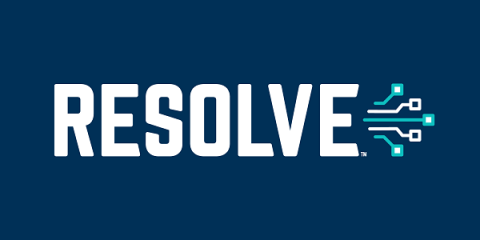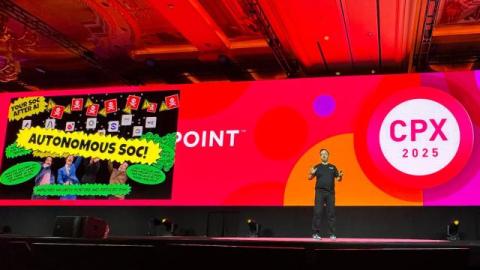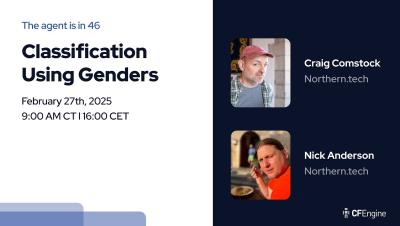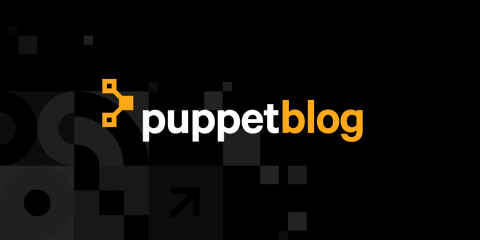Automate Your IT Tasks with Recurring Tickets
Tired of manually creating tickets for recurring IT tasks? With recurrent tickets in Alloy Navigator, you can automate the process and free up your time. This set-and-forget feature ensures your repetitive ITSM tasks stay on track—with due dates set, notifications sent, and progress tracked—effortlessly! Key moments.





